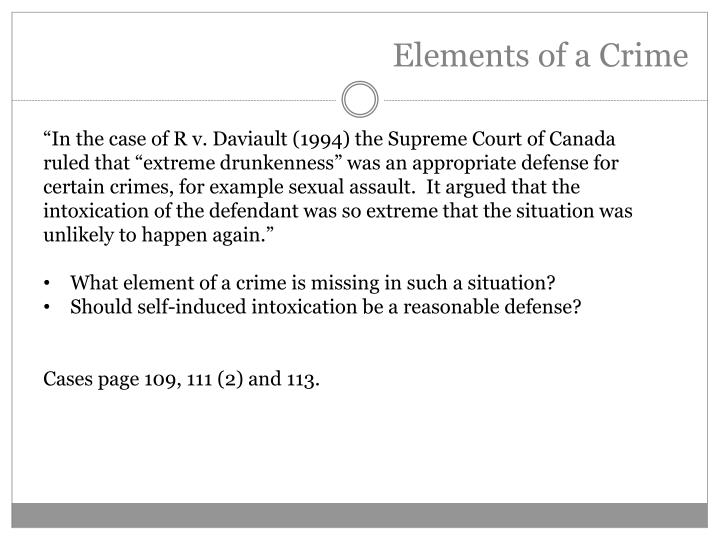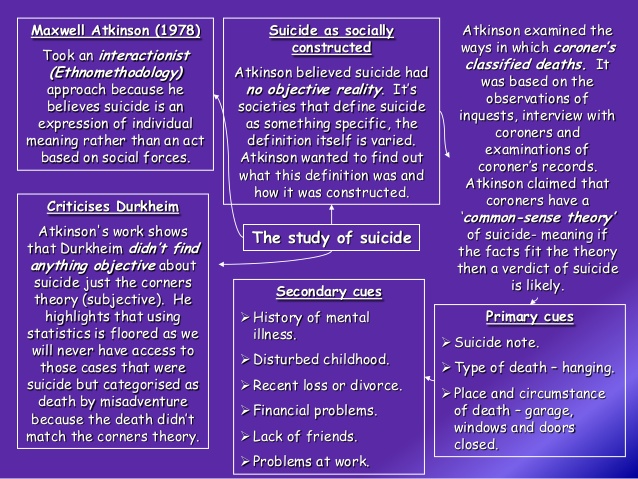
He thought to meet expenses of the trip by salvaging some of these casings.

Morissette, in December of 1948, went hunting in this area but did not get a deer. Spent bomb casings were cleared from the targets and thrown into piles "so that they will be out of the way." They were not sacked or piled in any order, but were dumped in heaps, some of which had been accumulating for four years or upwards, were exposed to the weather and rusting away. At various places about the range, signs read "Danger - Keep Out - Bombing Range." Nevertheless, the range was known as good deer country, and was extensively hunted. These bombs consisted of a metal cylinder about forty inches long and eight inches across, filled with sand and enough black powder to cause a smoke puff by which the strike could be located. On a large tract of uninhabited and untilled land in a wooded and sparsely populated area of Michigan, the Government established a practice bombing range over which the Air Force dropped simulated bombs at ground targets. This would have remained a profoundly insignificant case to all except its immediate parties had it not been so tried and submitted to the jury as to raise questions both fundamental and far-reaching in federal criminal law, for which reason we granted certiorari. JUSTICE JACKSON delivered the opinion of the Court. Petitioner was convicted of a violation of 18 U.S.C. 246 CERTIORARI TO THE UNITED STATES COURT OF APPEALS FOR THE SIXTH CIRCUIT Syllabus
#Jurisdiction as element of crime trial
Where intent of the accused is an ingredient of the crime charged, its existence is a question of fact which must be submitted to the jury for determination in the light of all relevant evidence, and the trial court may not withdraw or prejudge the issue by instructing the jury that the law raises a presumption of intent from a single act. (b) The history and purposes of § 641 afford no ground for inferring any affirmative instruction from Congress to eliminate intent from the offense of "knowingly converting" or stealing government property. (a) Mere omission from § 641 of any mention of intent is not to be construed as eliminating that element from the crimes defined.

§ 641, which provides that "whoever embezzles, steals, purloins, or knowingly converts" property of the United States is punishable by fine and imprisonment. A criminal intent is an essential element of an offense under 18 U.S.C. However, strict liability may be appropriate for crimes that are mala prohibita, which means that they originate from regulatory statutes rather than the common law.īy converting a traditional common-law crime into a statutory crime, the legislature cannot impose strict liability for conduct that would have required a mental state to be punishable.ġ. Conversion was a crime under the common law, and it always contained a mental state element, so that element's absence from a statute defining the same crime does not mean that the prosecution no longer needs to prove it. When legislatures have integrated common-law crimes into statutes but failed to include a mental state element, it has been presumed and read into the statute by courts. An intentional act that resulted in a forbidden outcome was not criminalized by itself or used to presume a mental state element.

Mental state elements always were inherent components of crimes under the common-law system, which was comprised entirely of mala in se crimes. The judge ruled that the jury could find culpability without a mental state element. The trial court thus denied Morisette the opportunity to argue that he did not have the intent to unlawfully convert the scrap, which he had genuinely believed was abandoned. Courts had established that the government has the power to regulate its property, and people who violate that right may be held strictly liable. He was charged with knowing conversion of government property, a federal crime.

Morisette later sold them in a nearby town as scrap for $84. He believed that they were abandoned because they had been dumped in disorderly piles, so he took three tons of them to a farm and flattened them with a tractor. Morisette was deer hunting in an area marked as a bombing range when he found some spent military shell casings.


 0 kommentar(er)
0 kommentar(er)
